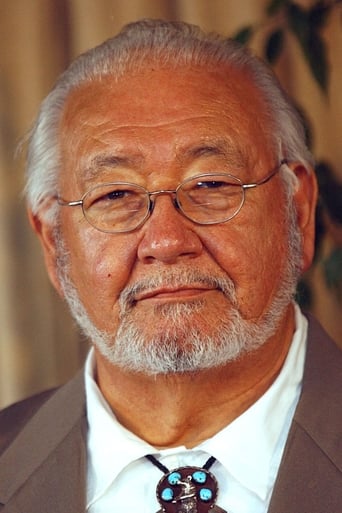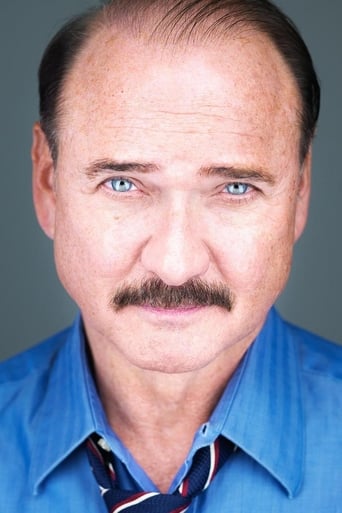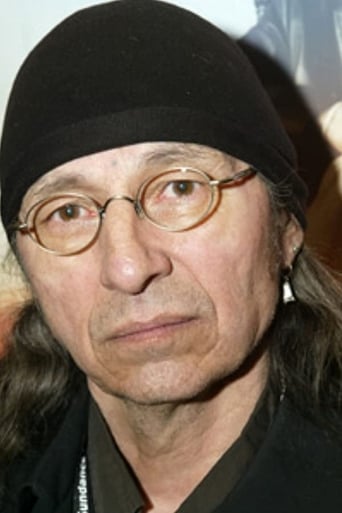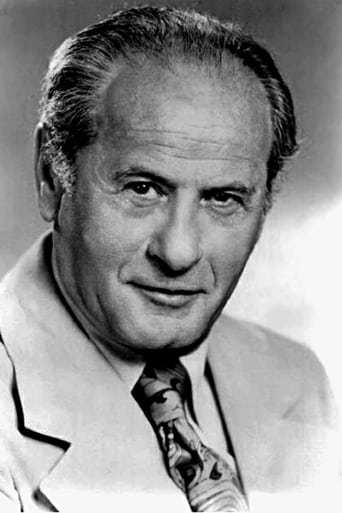ShangLuda
Admirable film.
Odelecol
Pretty good movie overall. First half was nothing special but it got better as it went along.
Kaydan Christian
A terrific literary drama and character piece that shows how the process of creating art can be seen differently by those doing it and those looking at it from the outside.
buoy-75707
This is a very unique documentary of the West. True the focuse is too heavy handed on Native American and poor treatment of minorities, but I believe most is probably accurate. What I felt was missing were the characters that shaped the Legend of the West. The characters that hundreds of movies were made about. This was a scientific observation and not anything entertaining. No Billy the Kid, Jesse James. No Wyatt Earp or Geronimo. Wild Bill Hickok ? Crazy Horse ? Bat Masterson ? The Donner Party ? All missing thus this leaves you highly disappointed.
Leofwine_draca
THE WEST is another lengthy, epic, in-depth documentary TV series produced by Ken Burns. It's not quite up there with his work on the Second World War or the Vietnam War, but it's certainly powerful stuff, full of emotional stories, fine editing, and engaging, human-centred narratives. The scope of the show is to explore American settlers and how they displaced the Native American peoples as they spread across the country from east to west. Famous incidents are looked at, from the fall of the Alamo to the Battle of the Little Bighorn, with figures such as Buffalo Bill and Sitting Bull included.
WildBullWriter
This documentary mini-series does a decent job of covering such a huge, complex subject in 9 episodes (about 10 hours of time). I like that appropriate focus and time given to American Indians, who played such a crucial role in the story, and to other groups like Latinos, blacks, and Chinese immigrants who played vital roles, as well.(I'm also offended by a number of reviewers who complain that too much screen time is given to Indians and minorities. These same reviewers complain that whites aren't credited enough for their courage and virtues in subduing the "wild west" and "civilizing" the Indians. The irony is that these reviewers are the very sort of racist people who caused so much trouble and misery while the real history was being played out!)On the whole, I do recommend watching this mini-series.
Scrivener3000
I had looked forward to the series as coming from a master of the documentary form. After all, Burns set in motion several documentary devices that have been widely copied since, such as first-person voice-over narration and having the narrator sign off each spoken part with his or her name. The Civil War series was truly an achievement.This thing, however-- It amounts to a chapters-long indictment of Europeans that verges on racism. It emerges after a while that the only good whites are dead whites. It's true that there was much brutality in white settlement of the west, and that horrible crimes were committed, usually unthinkingly, and many of them by whites. But is there really nothing more to the story than white-folks-bad/red-folks good? With a little effort, Ken Burns might have found, oh, I don't know, at least one good white person. Or, rather, one good white person who wasn't immediately tarred and feathered by his redneck fellows. It's as if you were to tell the story of World War II and focus on nothing but the fact that the American armed forces were rigidly segregated at the time. Oh, wait, that one's probably Ken Burns' next.




